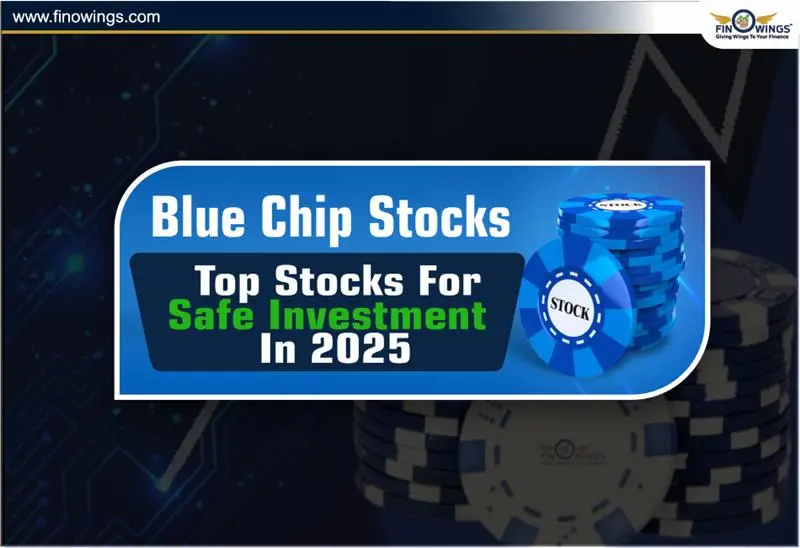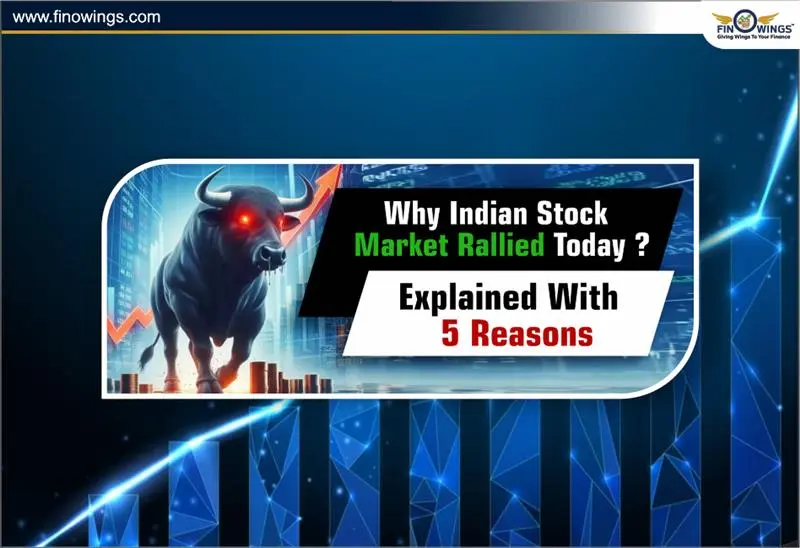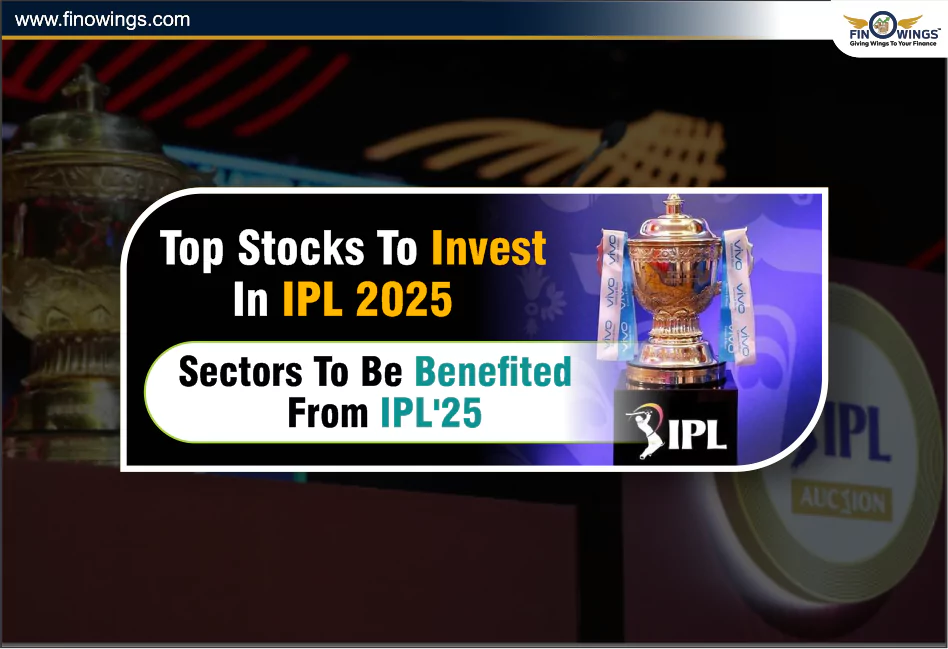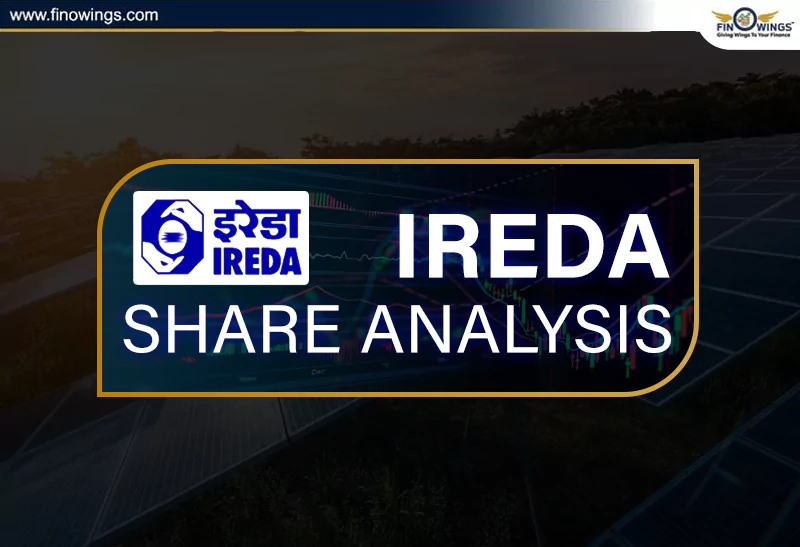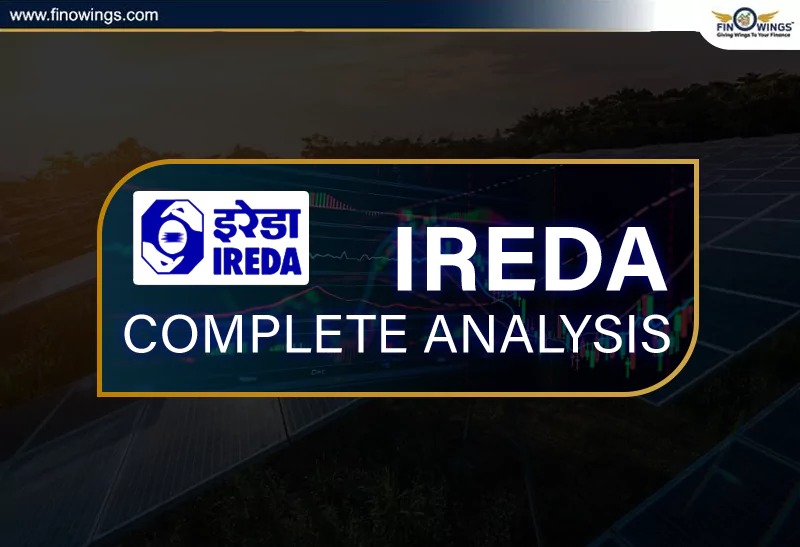Home >> Blog >> Stock Market Crash after Lok Sabha Election 2024: What to Do?
Stock Market Crash after Lok Sabha Election 2024: What to Do?
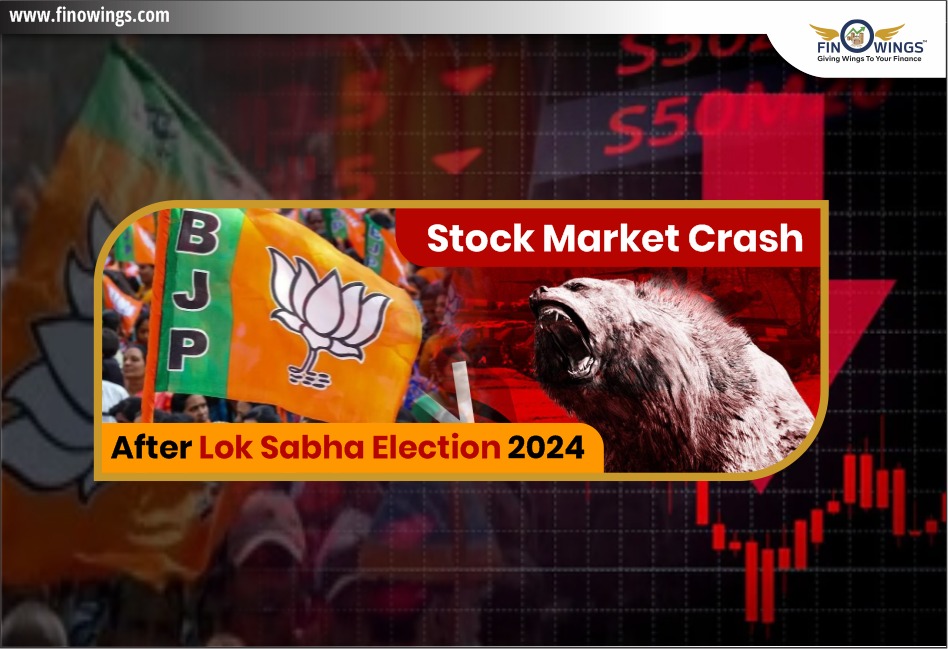
Table of Contents
Introduction
The recent stock market crash has created a wave of panic among investors. The market took a significant hit after the exit polls failed, leading to a massive drop. This blog will explore the reasons behind the crash, potential future market conditions, and strategies for navigating this volatile period.
Why Did the Stock Market Crash?
On June 4, the stock market experienced a record drop, as predicted by Modi Ji. The primary reason for this crash was the failure of the exit polls, which had predicted different outcomes. The uncertainty surrounding the election results and the potential changes in government policies led to a significant sell-off in the market.
It is essential to understand that the market reacts to uncertainty and speculation. When exit polls fail, it creates a sense of unpredictability, causing investors to panic and sell their holdings. This panic selling further exacerbates the market decline.
Three Potential Market Conditions
As we look ahead, there are three possible scenarios for the market, depending on the election results:
- BJP without Majority: If the BJP does not secure a majority, the NDA government will have to rely on alliances. This situation could lead to less decisive governance, as Modi Ji will have to consider the demands and opinions of alliance partners.
- NDA Government with a Different PM: If the NDA forms the government but with a different Prime Minister, the market dynamics could change significantly. The new PM's policies and vision will play a crucial role in determining market trends.
- India Alliance Government: If an alliance other than the NDA forms the government, it will bring a different set of policies and perspectives. This scenario will also impact the market, depending on the new government's approach to economic and financial matters.
Strategies for Navigating the Market
Given the current market volatility, it is crucial to have a well-thought-out strategy. Here are some tips:
- Follow a disciplined approach.
- Avoid panic selling.
- Focus on long-term investments.
- Look for quality stocks at a discount.
It is essential to stay informed and make decisions based on analysis rather than emotions. Following a disciplined approach can help you navigate this uncertain period and potentially benefit from market opportunities.
The Role of Budget and Finance Minister
The upcoming budget and the appointment of the Finance Minister will be critical in shaping the market's future. If Modi Ji remains in power, the budget will likely be influenced by the alliance partners. In contrast, a new PM or a different alliance will bring their own set of policies and visions.
The market will closely watch the budget announcements to gauge the government's economic priorities and strategies. Investors should keep an eye on these developments and adjust their portfolios accordingly.
Long-Term Market Outlook
Despite the short-term volatility, the long-term outlook for the stock market remains positive. Historical data shows that markets tend to recover and grow over time, regardless of political changes. Therefore, it is essential to maintain a long-term perspective and avoid making impulsive decisions based on short-term fluctuations.
Investing in quality stocks with strong fundamentals can provide significant returns over the long term. It is crucial to remain patient and focused on your investment goals.
Smart Money Master Class
To help investors navigate the current market conditions, we are offering a Smart Money Master Class on June 10. This class will cover various aspects of trading, including price action, demand and supply, cash, futures, and options. By attending this class, you can learn to trade independently and avoid relying on tips that often lead to losses.
For more information, call us at 97080 1943 21 and take the first step towards financial freedom and informed investing.
Conclusion
The recent stock market crash has highlighted the importance of staying informed and having a well-defined strategy. By understanding the reasons behind the crash and the potential future market conditions, investors can make informed decisions and potentially benefit from market opportunities.
Remember to stay disciplined, avoid panic selling, and focus on long-term investments. By doing so, you can navigate the current market volatility and work towards achieving your financial goals.
Disclaimer: This Stock Market Analysis is only for informational purposes and should not be considered as investment advice. Always do your research and consult with a financial advisor.
Frequently Asked Questions
The recent stock market crash was driven by the failure of exit polls, which created significant uncertainty about the election results. This uncertainty led to panic selling as investors reacted to potential changes in government policies, exacerbating market declines.
Exit polls provide early indications of election outcomes. When they fail or differ significantly from actual results, it creates uncertainty and speculation among investors. This unpredictability can lead to panic selling, as investors fear potential changes in economic policies and market conditions.
- BJP without Majority: The NDA government would rely on alliances, leading to less decisive governance.
- NDA Government with a Different PM: A new PM within the NDA could lead to significant changes in market dynamics.
- India Alliance Government: An alliance other than the NDA forming the government would bring different policies and perspectives.
Investors should:
- Follow a disciplined approach.
- Avoid panic selling.
- Focus on long-term investments.
- Look for quality stocks at a discount.
The budget and the appointment of the Finance Minister are crucial in shaping market trends. The budget outlines the government's economic priorities and strategies, influencing investor sentiment. The Finance Minister’s policies and vision significantly impact market direction. Investors should monitor budget announcements and adjust their portfolios accordingly.




